|
One of the first things you’ll have to decide when building a house is whether you want to be an owner-builder, or use a general contractor for your project. If you are considering building the home yourself, episodes 2 and 7, called "You Can Save Money, Lots of Money, But Should You Build Your Own House?" and "Build Your House Yourself, But Not All By Yourself" will give you some insight on acting as your own general contractor. If, however, you want to use a builder to construct your new home, you’ll have to choose between a custom home builder and a production builder. Much of your decision will rest in how many choices you wish to make and how much input you’d like to have during the construction process. In this week’s episode, we’ll talk about the differences in production builders and custom home builders and I’ll give you the pros and cons of each. A shout out goes to listener Architects guide for this week’s show idea. Let’s get right into it…. PRODUCTION HOME BUILDERS A production home builder builds homes on land that is owned by the building firm. Homeowners working with production builders typically start by selecting a lot for their home and their favorite floor plan from the builder’s library of predesigned, pre-selected plans. Sometimes, production builders develop a neighborhood and build one or several model homes for potential home buyers to tour. These beautiful, well-appointed model homes give homeowners tangible examples what could potentially be built for them. Still other times, homes are built by production builders whether or not an individual homeowner has requested it to be built. These are "spec" homes that are built with the speculation or hope that the home will be purchased once complete. Custom home builders sometimes build spec homes too, but production builders often build several spec homes and bank on the fact that the homes will be sold to someone… eventually. Production home builders construct a large number of homes each year. Production builders are usually regional or national companies. They generally build in a few neighborhoods in a city, and build dozens or hundreds of homes in each neighborhood. Other names for a production builder are “higher volume home builder,” or “tract home builder.” Although they want to build beautiful homes that homeowners are happy with, the main objective of production builders is to build with budget and time efficiency in mind. Examples of production builders include Toll Brothers, Centex, D.R. Horton, Ryan and Lennar. As with anything, there are pros and cons to working with a production builder. Advantages of Working with a Production Home Builder 1. You have limited choices. The limited choices offered by production builders are more manageable and less overwhelming for many homeowners. To add more design appeal, production builders offer just a few different types and colors of exterior and interior materials. This allows for some diversity and individuality for homeowners who want some, but not too many choices. 2. Homes are less expensive. A production builder can usually deliver the same size home for less money than a custom builder. Production homes are often more affordable than custom homes because the developer uses the same labor force and materials over and over. This allows production builders to get significant discounts on labor and materials and they often pass some of those savings on to homeowners. 3. Prices are fixed. Because production builders build the same homes repeatedly, they have a better idea of prices. A production builder can often give you a near-exact cost for building your house, so going over-budget is less of a risk 4. Production builders can complete your home faster. They are in the business of time efficient construction, so production builders operate on tighter timelines than custom builders. 5. Neighborhood amenities. Production builders usually create, or build in, neighborhood communities with amenities like parks, walking trails and sports courts. They know those amenities are a draw for potential homeowners. So if you choose a production builder’s development, you’ll enjoy those perks that may not be available if you buy your own land for a custom home. 6. Model homes. Having a staged model home, or materials and inventory all together in a production builders’ sales/design center, can be a huge advantage to visualizing your completed home. Alright, now for the cons: Disadvantages of Working with a Production Home Builder 1. You have limited choices. I know I just said limited choices are an advantage, and they can be. But fewer choices can also be a disadvantage for those with very specific ideas about design and layout. With production builders, you’ll have to choose from a catalogue of existing house plans and limited options for finishes and fixtures. To keep costs low and predictable, production builders limit your choices for layouts and materials. If you want unique or specific cabinets, paint colors, flooring, bathroom tile, brick or other materials for your home, the limited choices might be a disadvantage and you might end up with choices that you’re not crazy about. 2. Less control. With production homes, the homeowner will have little control of construction materials and workmanship — two of the most important aspects of a home’s quality. 3. Your "Dream Home" might not be as unique or personalized as you would like, since there will certainly be several more houses in the neighborhood that look identical, or very similar to yours. 4. Customized changes are limited. Production homes are not fully custom homes. Instead, they are, at best, semi-customizable homes. Some production builders allow a little customization inside the home, such as making a bedroom or bathroom larger, or adding a breakfast nook. But you usually won’t be able to significantly change the size of the home, or the sizes of your windows or doors. If you have to make too many compromises in choosing one of the existing house plans of a production builder, you may not end up with the dream home that you’ve always imagined. 5. Smaller lots. Most production builders generally don’t build on large lots. Though there are a few who build on lots up to 1/3 – 1/2 of an acre, most lots are significantly smaller than that. 6. Limited lender options. Production builders sometimes insist on you using their own in-house lender in order to get any closing cost advantages. Their affiliated lender may not always be the best choice for you. So that’s production builders. Now let’s move on to custom builders. CUSTOM HOME BUILDERS Custom builders can create a uniquely designed home, with almost unlimited choices of layout and materials. There may be limitations dictated by budget, building code or a homeowners association, but custom builders typically don’t put stipulations on the homes they build. Keep in mind, that building a custom home with numerous options, can make the building process less predictable and more time-consuming than building a production home. Here are some of the pros going custom. Advantages of Working with a Custom Home Builder 1. You’ll get a one-of-a-kind home. Custom builders start every home from scratch. Whether you come with a plan you found online, or with one you created with an architect or designer, custom builders can build a home that is distinctive and designed to your specifications. 2. You’ll have almost unlimited choices. Want matte brass hardware or a farmhouse themed laundry room? You can do it! You can put whatever you want in your house. With a custom builder, your choices are mainly restricted by your budget, not by the availability of options. 3. You’ll have more input. Custom home builders work for you, and you can dictate what materials and methods you want used to construct your home. This is very important for those of us who want to be more involved with making decisions about quality, energy efficiency and design. 4. You can build anywhere there is available land. If you want acreage in the country, a lot with a view, or a townhouse in the city, you have more land to choose from when you go with a custom builder. Production builders are often limited to a few neighborhoods that the company is developing. Disadvantages of Working with a Custom Home Builder 1. Construction will probably take longer. Because more decisions have to be made and subcontractors are lined up on an as-needed basis, custom builds usually take more time than production builds. It takes more time to get bids, hire subcontractors and acquire materials for custom homes. 2. Less predictable costs. It’s much harder for a custom builder to predict costs accurately because each build is different and because they don’t buy materials in bulk and the costs of materials rise and fall throughout the year. You might pay what the custom builder estimated, but most homeowners go over budget because the cost of the home will depend on your choices and fluctuating contractor and materials pricing. 3. More expensive pricing. Production builders can negotiate bulk pricing for labor and materials, but it’s unlikely your custom builder will get the deep discounts that a production builder will. For that reason, the final cost of your custom house could be higher than a production builders house. 4. Too many choices. For some people too many choices can be overwhelming. Custom builds require you (or your designee) to choose every part of the structure of the home, every fixture and finishes, every paint color and sheen, and every single surface in the house. And for those who suffer from analysis paralysis, custom builds may not be the best option. 5. Custom builders tend to go out of business more readily than large production builders. Those custom builders who are financially unstable, may lack longevity and might not be around to honor their warranty in the years following your build. Those were the pros and cons of production and custom builders. To summarize: According to the National Association of Home Builders (NAHB), most production home builders: -Offer home and land as a package. -Offer a limited range of house plans to choose from. -Allow buyers to select their favorite style/design from a menu in several product categories. With custom builders, as the name implies, there are no pre-defined choices or menus to choose from. -The home can be built on land you own. -You can buy a house plan or have house plan drawn from scratch. -You can work with a separate architect and builder — or with a design-build company that manages both the architectural design and the construction process. -You’ll be more involved in the process and have the opportunity to make many decisions. -You can pick nearly any product in a category, within your budget, of course, rather than selecting from a defined menu of choices. Building your house as an owner-builder, or using a production or custom builder each has its pros and cons, so which you choose is a personal choice. Decide which factors are most important to you, and choose the type of process that makes the most sense for your specific desires for input on finishes, your budget, your timeline, and your decision-making ability. When building a custom home, your choices are nearly unlimited. If you get a sense of freedom and excitement in making lots choices to create a unique home, then building a custom house is probably for you. If not, strongly consider a production home. Please remember that the purpose of this podcast is simply to educate and inform. It is not a substitute for professional advice. The information that you hear is based the only on the opinions, research and experiences of my guests and myself. That information might be incomplete and it’s subject to change, so it may not apply to your project. In addition, building codes and requirements vary from region to region, so always consult a professional about specific recommendations for your home.
5 Comments
12/27/2019 01:47:26 pm
It's good that you point out that you have more choices and input in the process when you have a custom home built. I would like a house that is unique and that suits my preferences, so I am considering having a custom home built. I'm going to look for a good custom home building company in my area.
Reply
1/7/2020 06:44:54 am
It's helpful to remember a custom home could be built on any plot of land we're able to find. My wife and I have been saving up for years to be able to afford our dream house, and now that our kids have moved out we want to start following through on the plans. Finding land we'd like to build on should probably be one of our first priorities so we can design it accordingly.
Reply
1/14/2020 08:26:23 am
It's good that you point out that working with a custom home builder gives you more input in the design and building process of your house. I would like my next house to be unique and personalized to my needs, so I'm considering working with a custom home builder. I'm going to look for a good custom home building company in my area to hire.
Reply
1/16/2020 07:01:27 am
My sister owns bare land and she has decided to build a custom home for her family. I like how you said that you can design a custom house from scratch. I will recommend her to hire a professional so that she can get the house of her dreams.
Reply
1/21/2020 08:11:08 am
My husband and I are at the point where we would like to have a home exactly the way we want it. We have gathered designs overtime of things we do and do not like. As you mentioned, in building a custom home, you will have almost unlimited choices.
Reply
Your comment will be posted after it is approved.
Leave a Reply. |
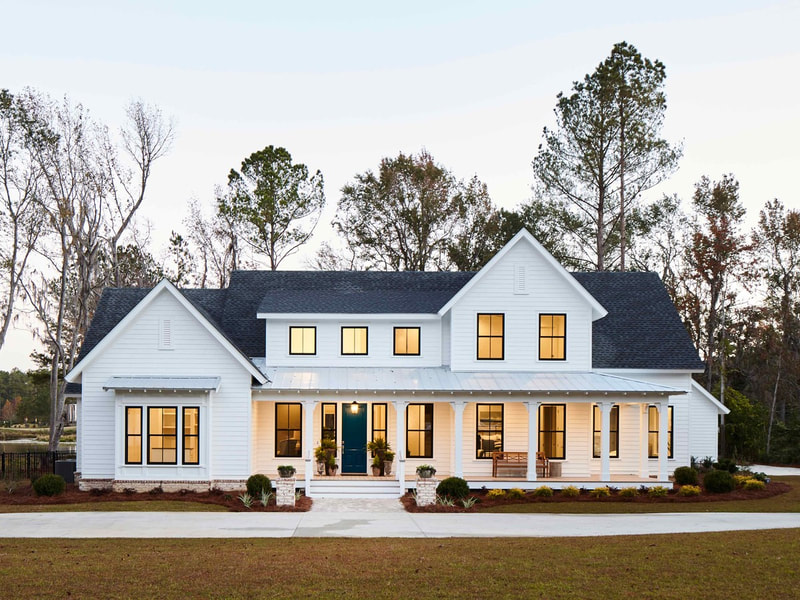
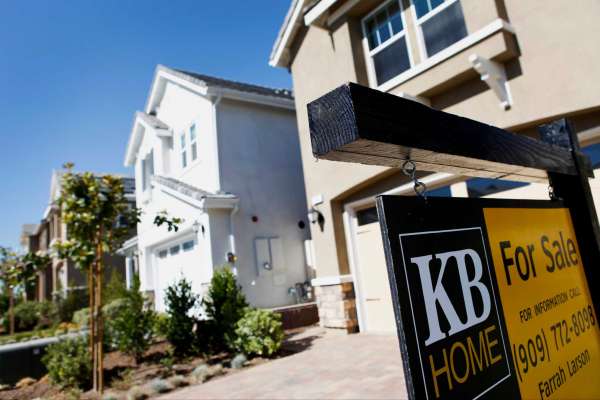
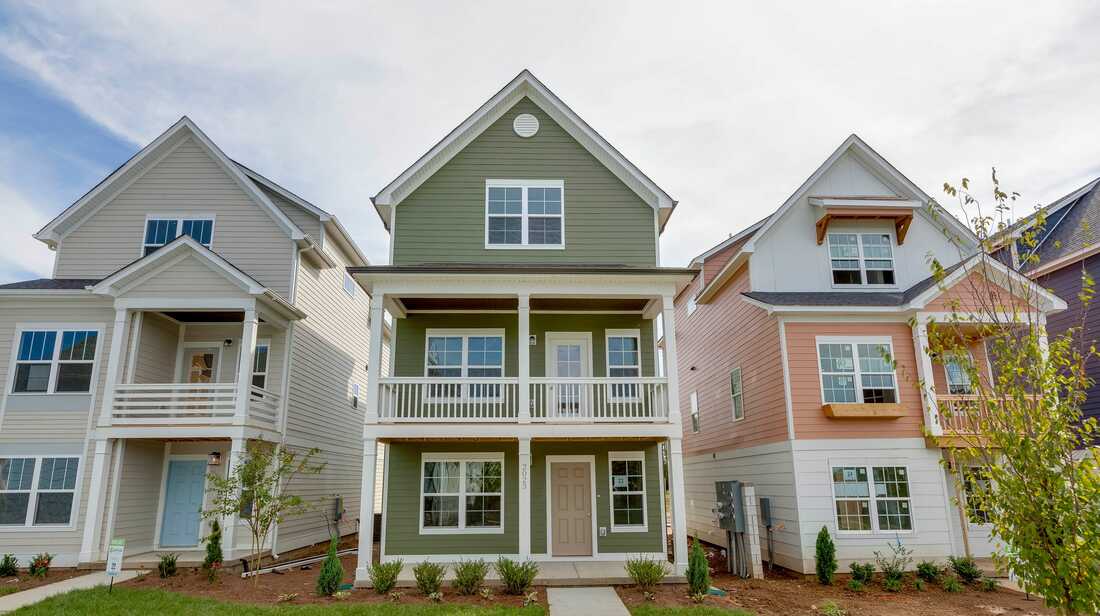
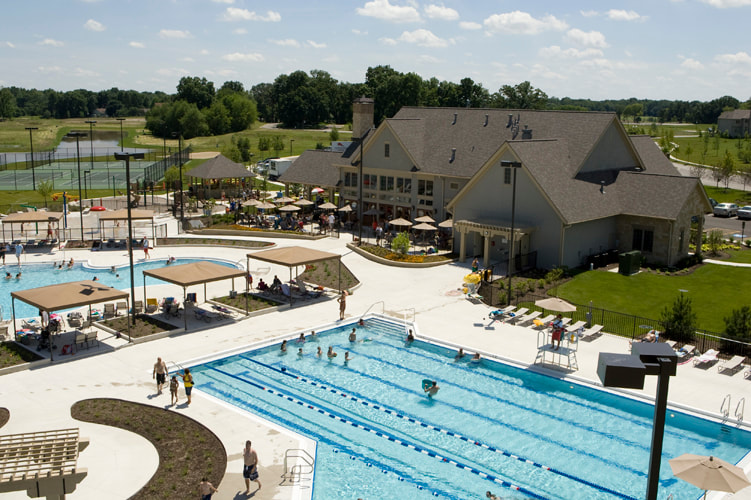
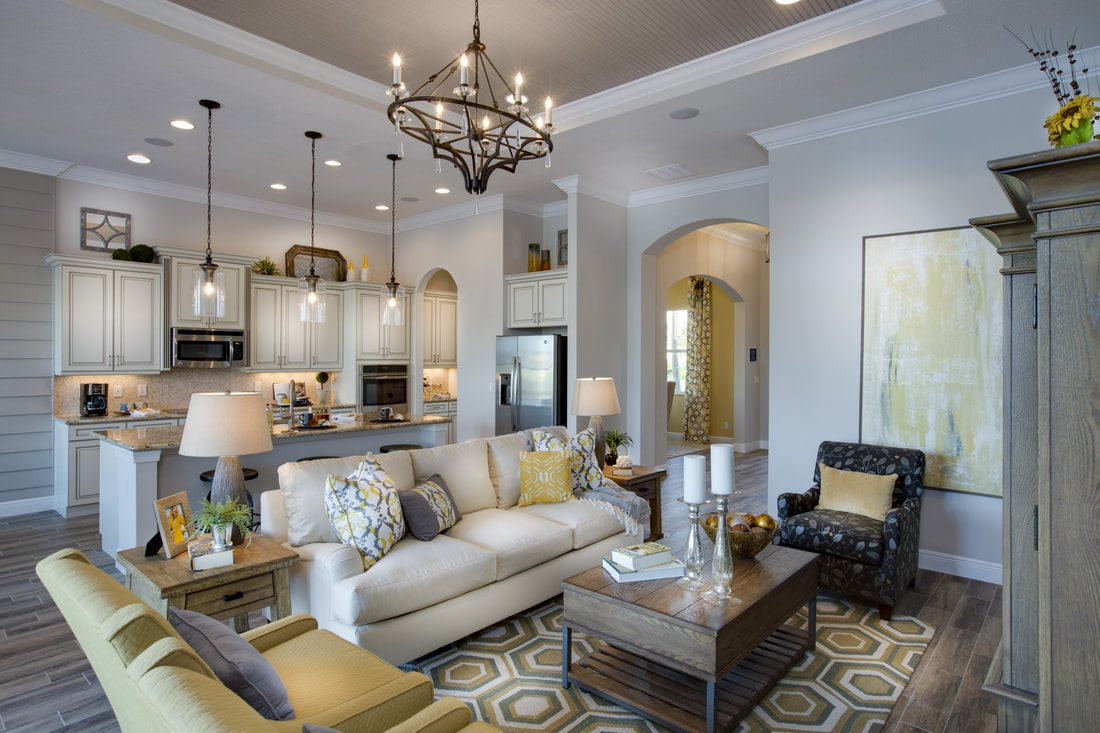
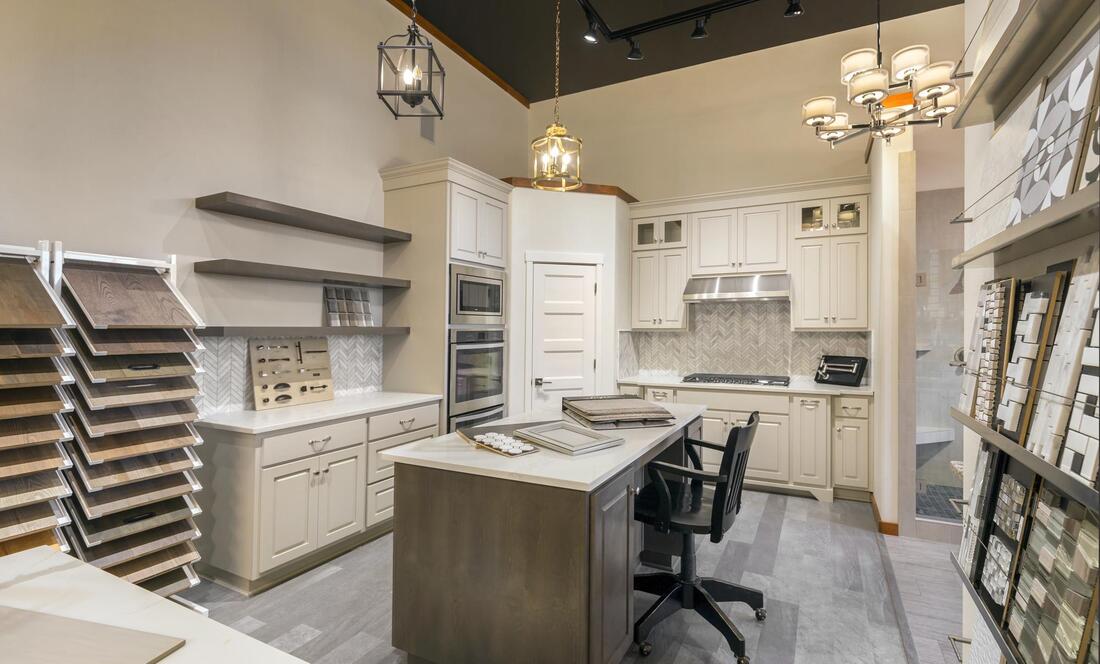
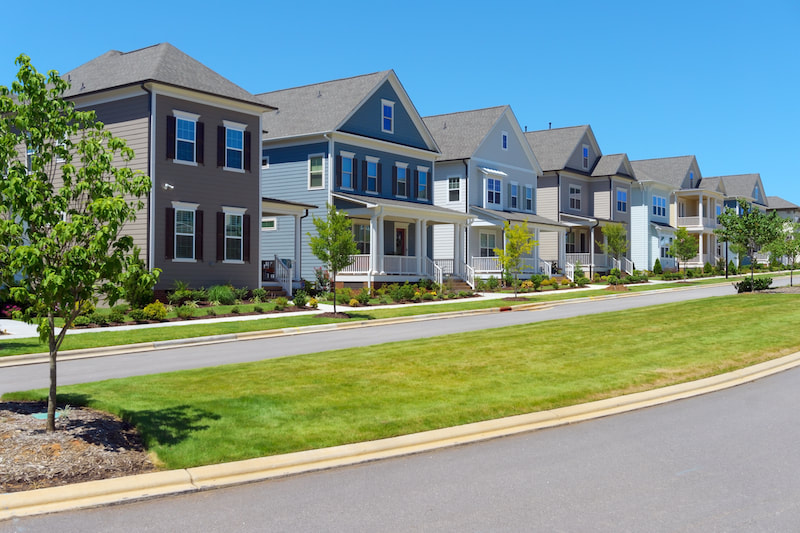
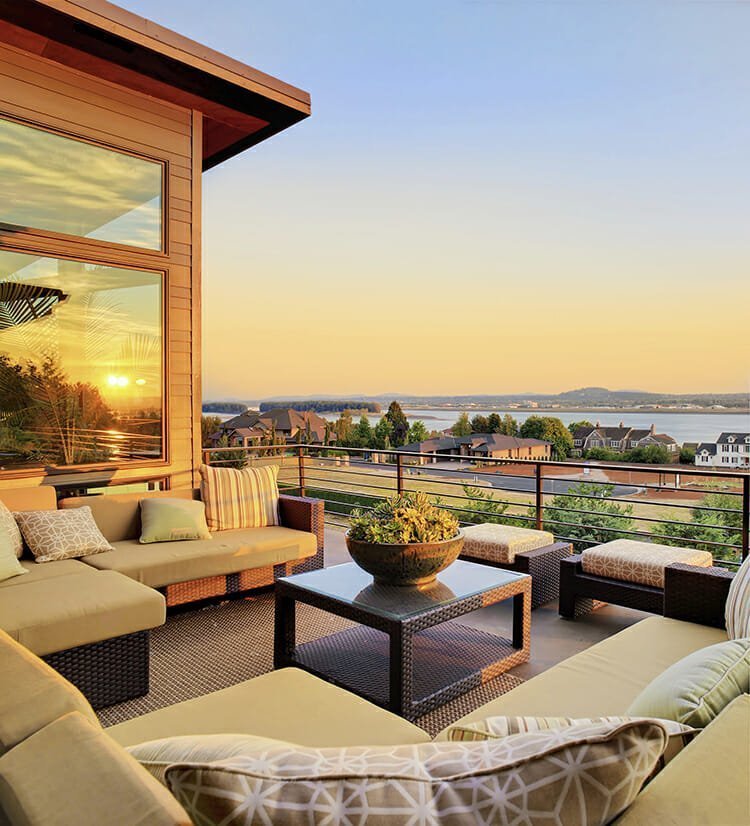
 RSS Feed
RSS Feed